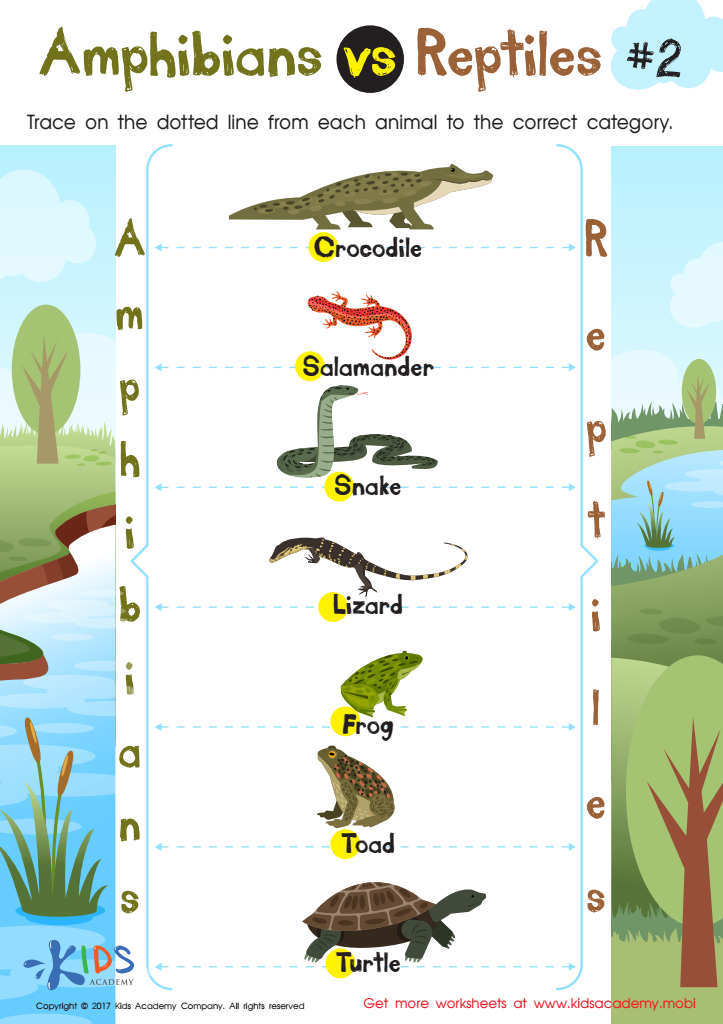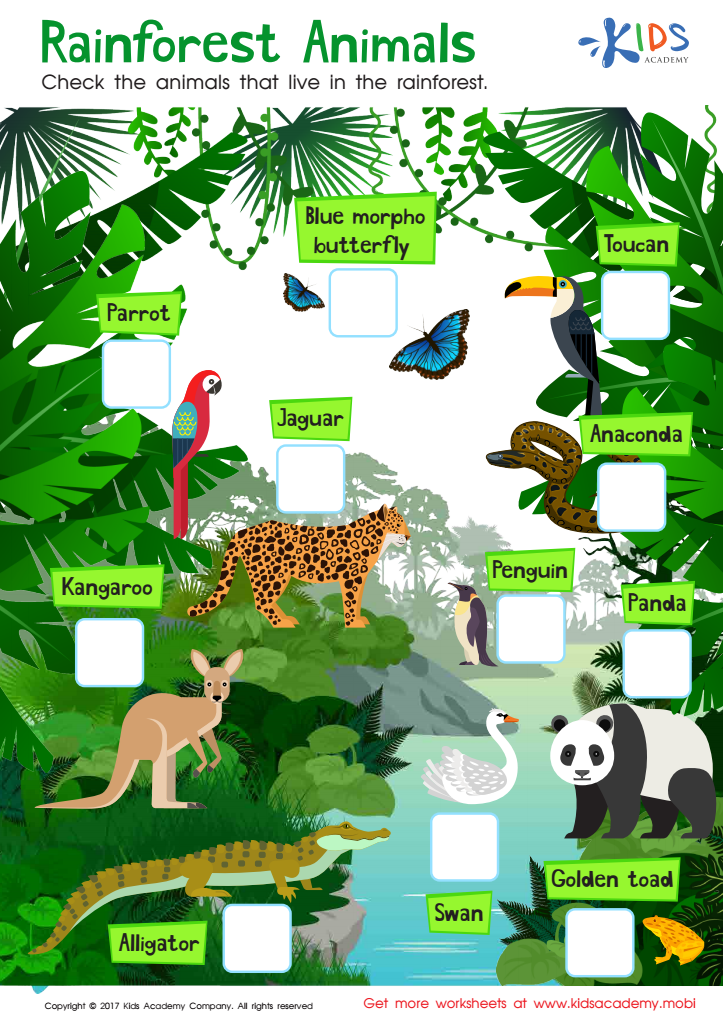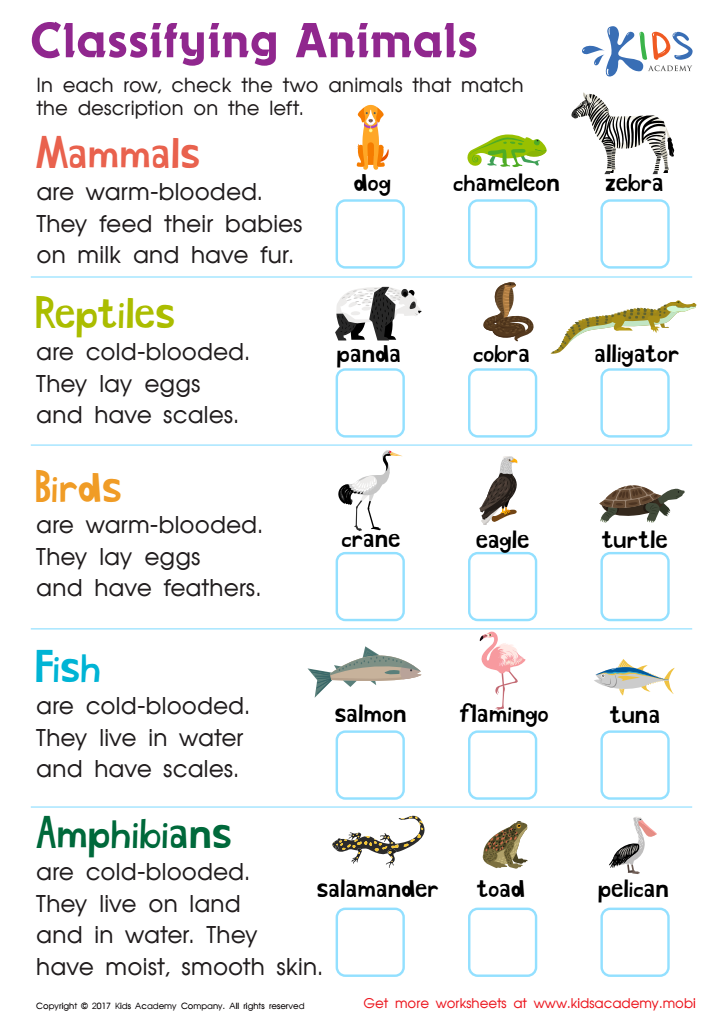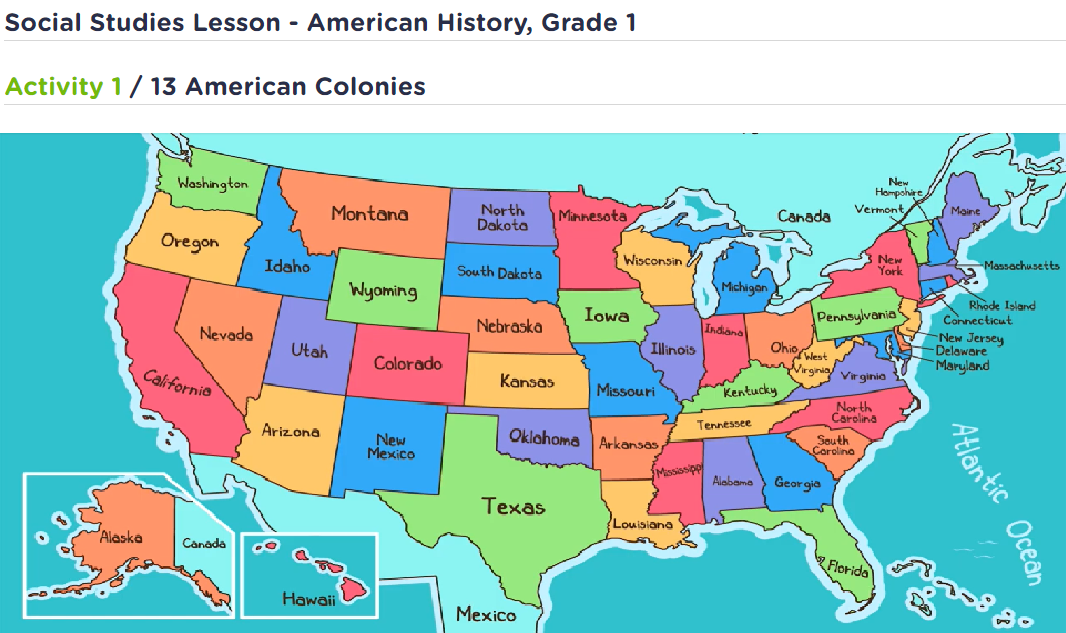Critical Thinking Normal Life Science Worksheets for Ages 4-9
4 filtered results
-
From - To
Discover our "Critical Thinking Normal Life Science Worksheets for Ages 4-9," designed to engage young minds in hands-on learning and foster key developmental skills. These carefully crafted activities blend core life science concepts with the nurturing of critical thinking, encouraging children to observe, analyze, and question the world around them. From exploring plant and animal life cycles to understanding ecosystems, our worksheets provide a practical and entertaining approach to science education. Perfect for the classroom or at-home enrichment, these resources ensure children from ages 4 to 9 embark on an exciting journey of discovery and intellectual growth.


Amphibians vs Reptiles Worksheet for 3rd Grade


Herbivores Printable


Rainforest Animals Worksheet


Classifying Animals Worksheet
Critical thinking is an essential skill that fosters independent thinking, creativity, and problem-solving. Introducing it through normal life science activities for children ages 4-9 can create a strong foundation for lifelong learning. At these early developmental stages, children are naturally curious about the world around them. By engaging in life sciences, they learn to observe, ask questions, interpret data, and draw conclusions, which are the core components of critical thinking.
For parents and teachers, emphasizing critical thinking through life sciences can greatly aid in developing a child's cognitive and analytical skills. These abilities are crucial not only for academic success but also for everyday decision-making and understanding the world. Early exposure helps children become more adept at analyzing situations, understanding cause and effect, and making informed choices.
Integrating critical thinking into normal life science curricula also nurtures a love for learning. Activities such as growing plants, observing insects, or experimenting with water encourage hands-on, inquisitive learning that is both engaging and educational. It lays the groundwork for advanced scientific understanding and instills a sense of curiosity and wonder.
In summary, investing in critical thinking through early life science education equips children with the tools they need to think independently, solve problems effectively, and navigate life's complexities with confidence.
 Assign to My Students
Assign to My Students















